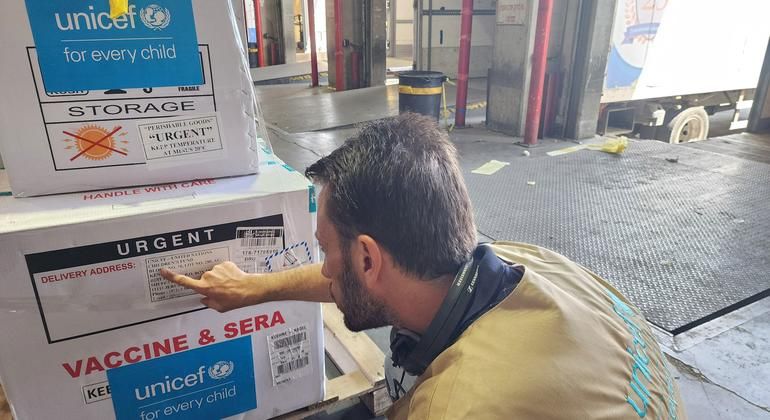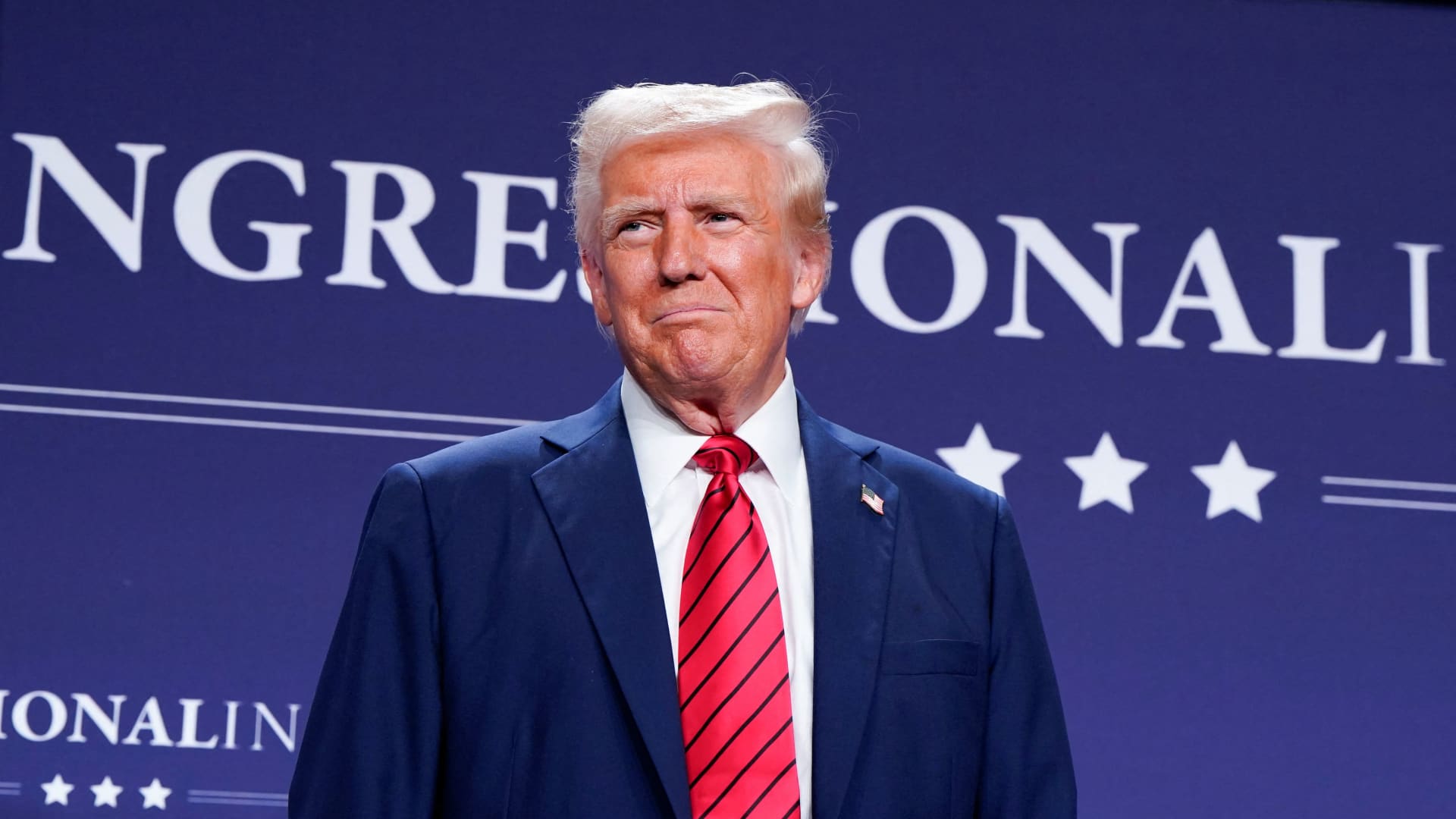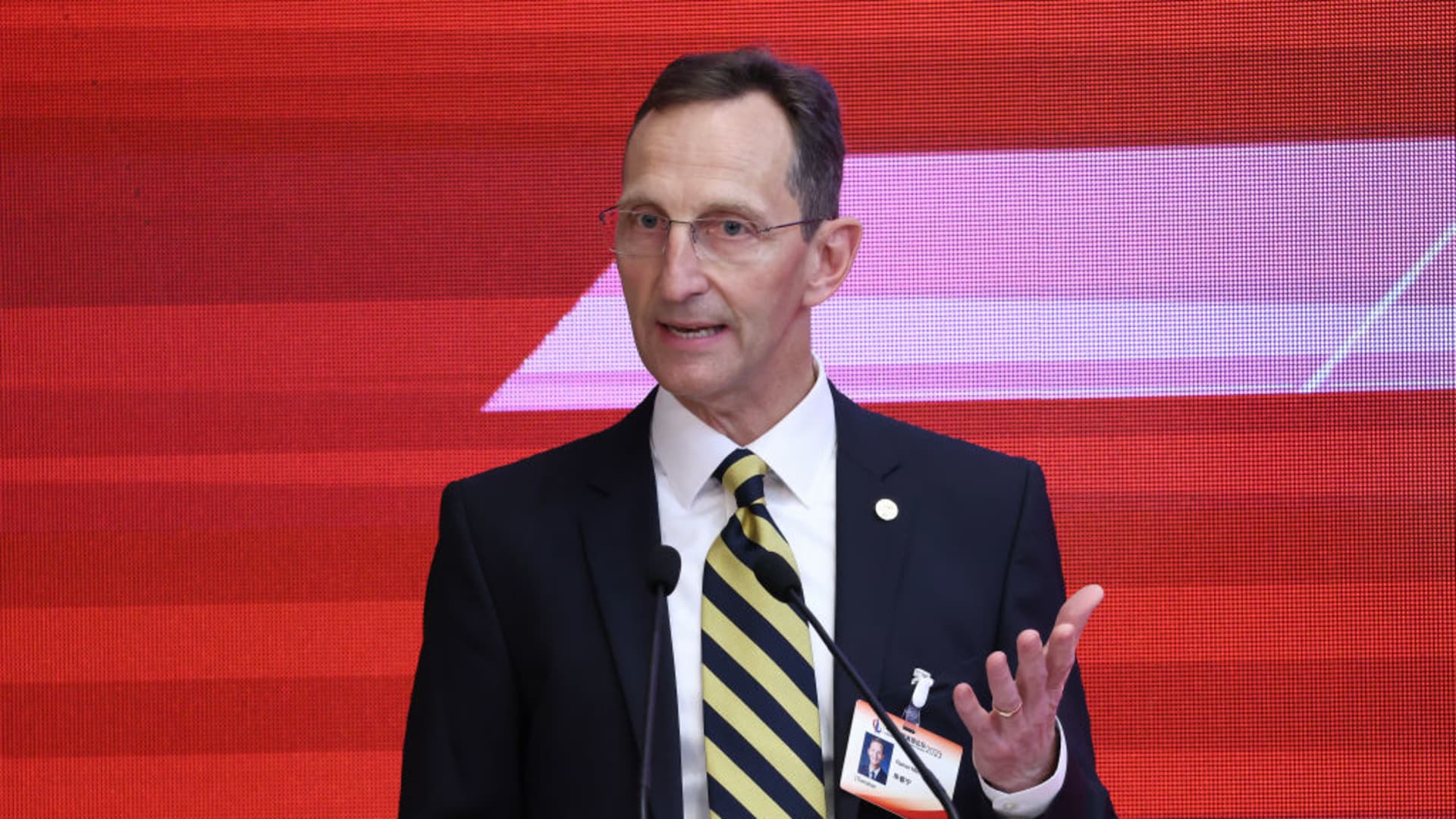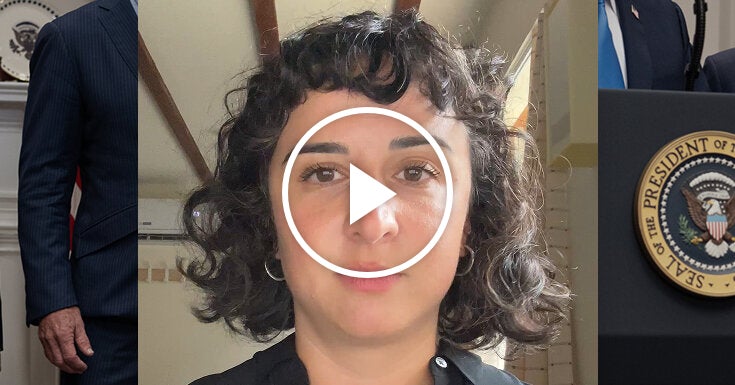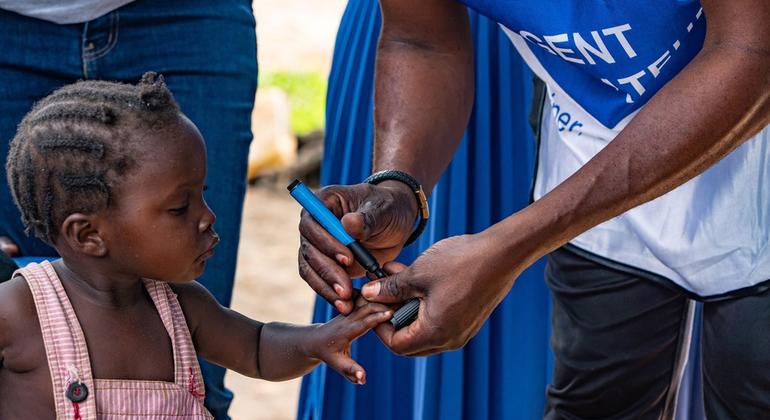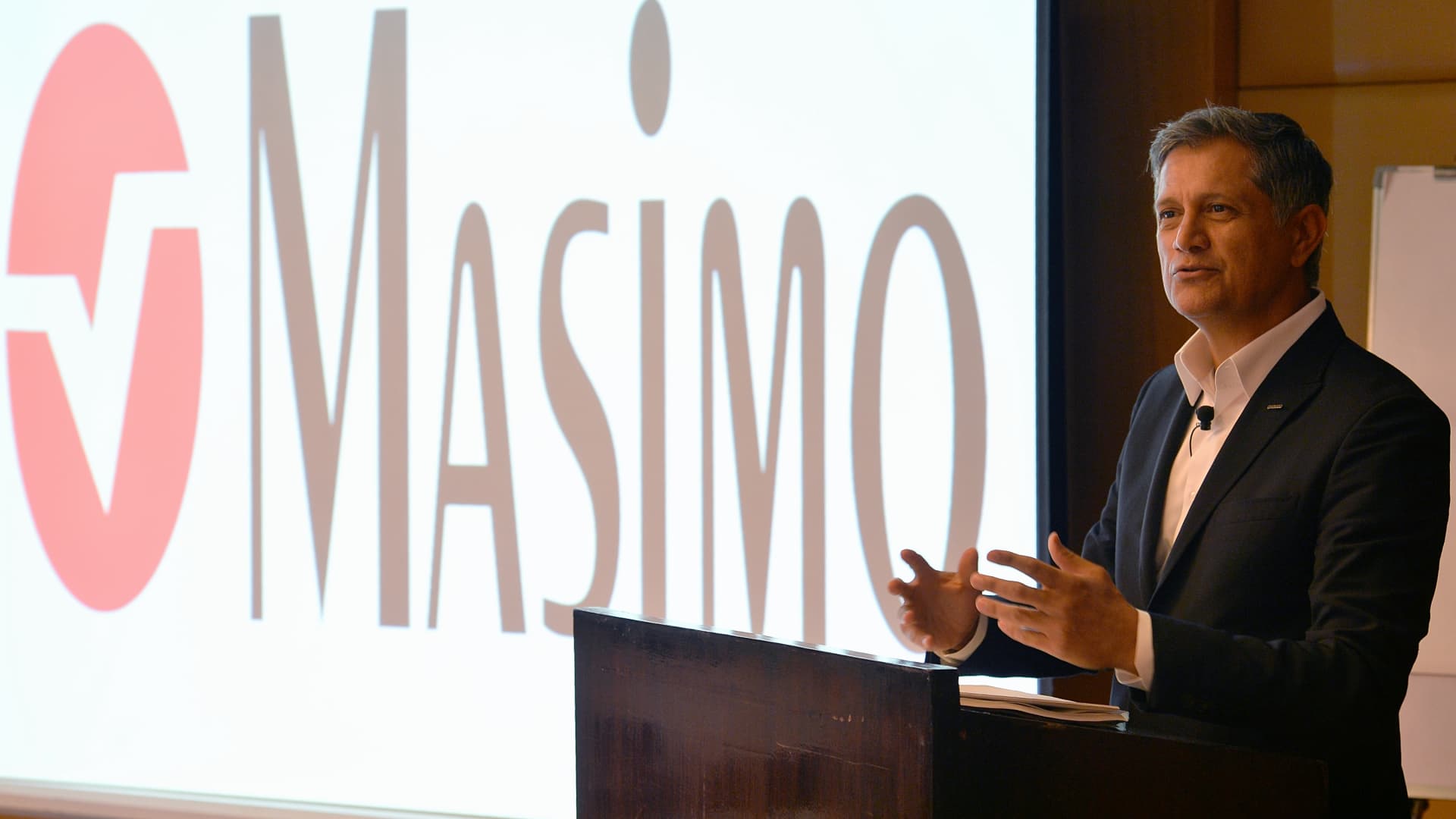More than 640,000 children will receive the type 2 polio vaccine (nOPV), UNICEF said in a post on X.
The World Health Organization (WHO), the lead UN agency assisting Palestine refugees (UNRWA) and other partners are seeking to coordinate to reach the unvaccinated as the war continues amid multiple civilian displacements.
Israeli government agency COGAT said the vaccine shipments had arrived in Gaza via the Kerem Shalom crossing, adding that the vaccination campaign would be carried out in coordination with the Israel Defense Forces (IDF) as part of “routine” humanitarian pauses.
Gaza has been in the midst of an ongoing war since the October 7 terror attacks last year by Hamas and other Palestinian armed groups in southern Israel.
More than 40,000 people have been killed in the enclave, according to the Gaza Strip's health ministry, and critical infrastructure has been destroyed, including schools converted into shelters for displaced people, hospitals and clinics.
Polio does not discriminate
Last week, a 10-month-old child was confirmed to have polio in Gaza. It was the first case of the lifelong crippling disease in more than 25 years. Although there is no cure, vaccinations against the disease can protect a child for life.
The boy had developed paralysis in his lower left leg and was reported to be in stable condition.
“Polio will not distinguish between Palestinian and Israeli children,“UNRWA chief Philippe Lazzarini said last week, stressing the need for an urgent pause in fighting to mitigate the risk of the disease spreading.
He reiterated the call on Monday, stressing that UN agencies and partners “We are ready to vaccinate children, but we need a humanitarian pause“.
The suffering continues unabated
Meanwhile, the plight of civilians in the war-torn Gaza Strip continues unabated.
According to UNRWA, due to ongoing military operations in Deir Al-Balah in central Gaza, only three of the 18 water wells in the area remain operational, resulting in an 85 percent water deficit.
“People in Gaza not only constantly fear for their lives, but also struggle to meet even their most basic needs.” the agency said.
The risk of other deadly infectious diseases also remains high with water and sanitation systems disrupted across the enclave, including hospitals, the WHO warned.
The agency continues its efforts to mitigate the threat. It recently provided hospitals in northern and southern Gaza with a range of essential medical supplies, including anesthetic and pain-relieving drugs, to cover the needs of some 44,500 patients.
Some 200 ICU beds have also been delivered to Gaza and are expected to help at least five health centres expand their bed capacity, the agency added in a separate post.

